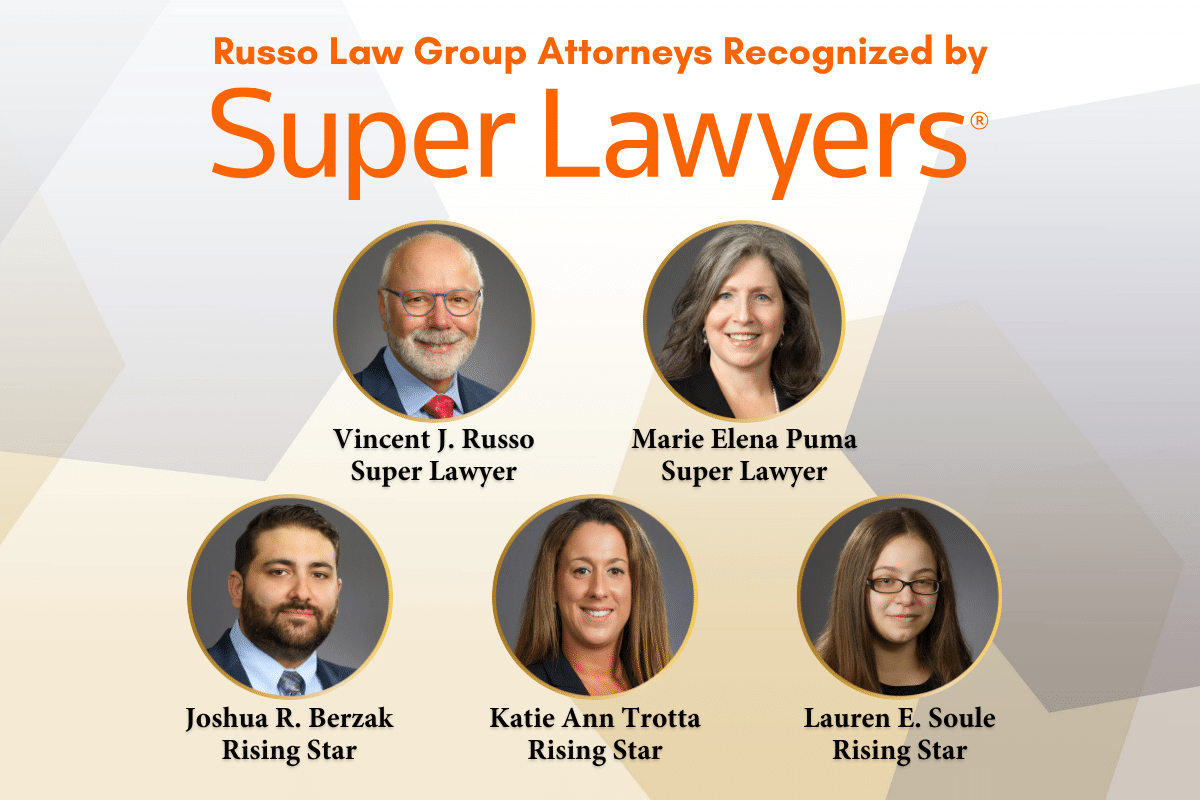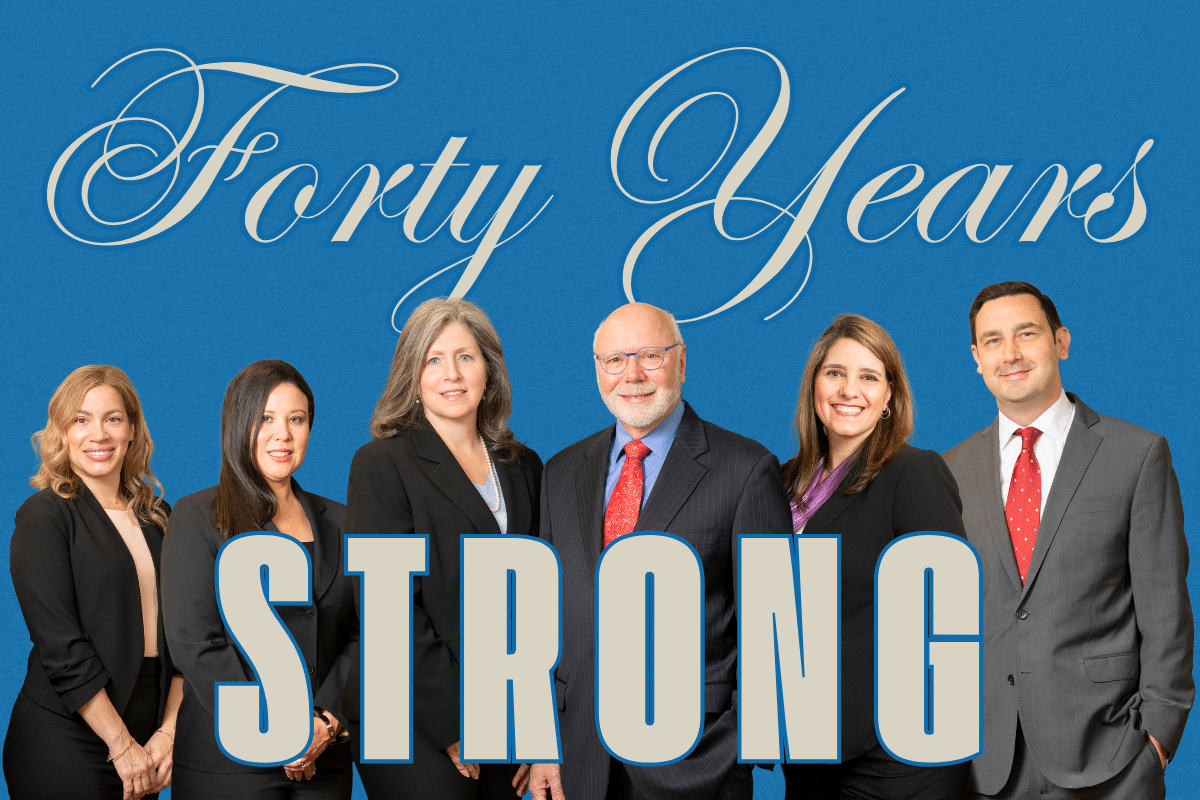We are proud to announce that Russo Law Group has once again been recognized in…
As Elder Law attorneys in New York, we constantly recommend our clients execute a durable power of attorney (DPOA) in case of incapacitation due to accident, illness, or declining health with age. The question that usually follows this recommendation is, “what happens to my power of attorney when I die?” The answer is simple; it terminates upon your death.
When you (the principal) sign a durable general power of attorney, you give another person (the agent) the power to act on your behalf in managing assets during your lifetime. The agent’s powers may be broad and sweeping, including almost any activity you might perform, or be very specific. A health care proxy is also a power of attorney, allowing an agent to make decisions regarding your wellbeing.
Ensuring Your Agent Understands Their Role
As the principal of the POA, it’s critical to inform your agent that their authority can be terminated by you at any time during your lifetime and will terminate upon your death. This is important because you don’t want your agent to unknowingly attempt to act on your behalf after your death without proper authorization.
Re-titling Assets or Creating a Trust
If you would like your agent to access your assets immediately upon your passing, you should take the proper steps to re-title your assets, ensuring they legally pass to that person. An even better solution is to create a revocable trust and transfer ownership of your assets to the trust, which will help your family avoid the need to involve the Surrogate’s Court (probate) when settling your estate.
Otherwise, if you die with assets in your name, your loved ones may need to petition the court to name a fiduciary of your estate to access your assets, regardless of whether you had a DPOA during your lifetime. This could be time-consuming and costly to your family.
Estate planning documents like a general power of attorney and health care proxy are prepared in advance, so your loved ones don’t have to guess what you want or make difficult decisions without your guidance. They may be one small part of a more comprehensive plan to protect yourself and your assets during your lifetime and determine the best way to leave a family legacy.
When creating an estate plan, our experienced elder law attorneys in New York discuss the benefits and disadvantages of various legal documents, including wills, trusts, durable power of attorney, advance health care directives (health care proxy and living will), and much more. The knowledgeable and compassionate team at Russo Law Group, P.C., provides professional services and advice regarding your family’s goals and needs to determine which combination of documents is right for your situation.
Take advantage of our comprehensive website as well as our free seminars and webinars to learn more about how Russo Law Group, P.C. provides peace of mind. Please contact our law firm to speak with one of our experienced estate planning and elder law attorneys today at 1 (800) 680-1717.




Comments (0)